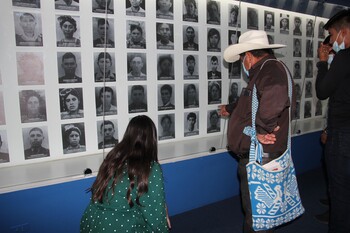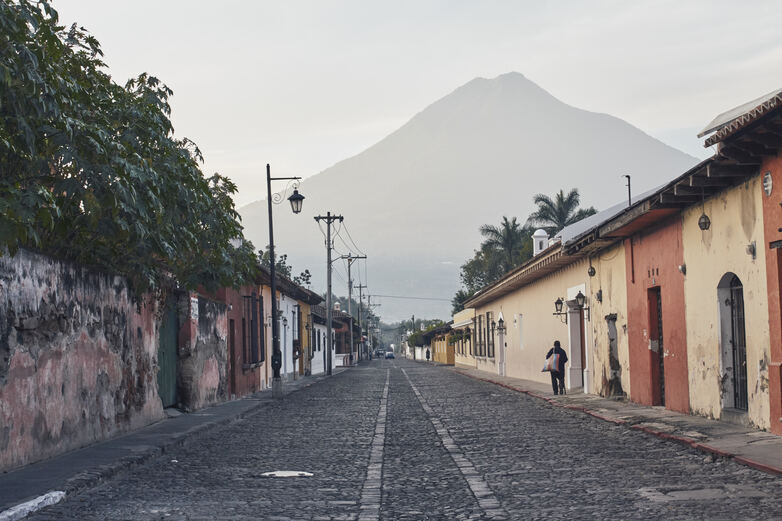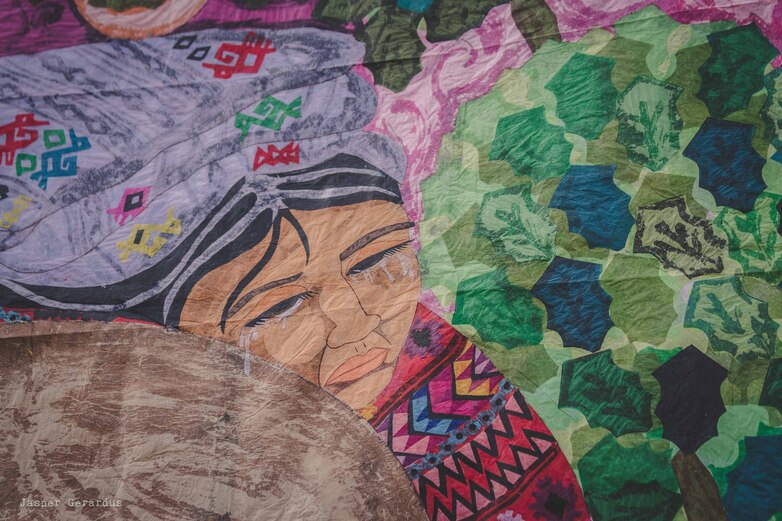Promoting social participation, human rights and a culture of peace
Strengthening social participation and human rights, promoting non-violent social relations for a democratic culture of peace
-
Commissioning Party
German Federal Ministry for Economic Cooperation and Development (BMZ)
-
Country
-
Overall term
2021 to 2023
-
Products and expertise
Security, reconstruction, and peace

Context
Guatemala is experiencing a period in which fewer institutions are committed to working for peace and justice. Moreover, the former president expelled the International Commission against Impunity in Guatemala (Comisión Internacional contra la Impunidad en Guatemala, CICIG), censorship of critical and oppositional voices is rife, and the Guatemalan government has discontinued international cooperation in some areas. A consequence is that people who advocate for human rights, community interests, environmental protection, freedom of the press and an independent judiciary are persecuted and criminalised.
In addition, parliament has passed a series of ultra-conservative laws that not only limit individual and communal holistic development but also restrict rights and the sociopolitical participation of civil society, especially that of the indigenous population, women, young people and the LGBTIQ+ community.
The rise in poverty and the increase in social inequality, furthermore, diminish the capability of these groups to secure basic livelihood needs, including safety and security.
Objective
Social participation and the recognition and implementation of the rights of disadvantaged groups have improved in Guatemala, while current and past conflicts involving human rights violations are now being addressed in a peaceful manner.

Approach
Civil society, governmental partner organisations and peace experts work together to:
- implement new methodological approaches for rapprochement and dialogue,
- support networks in accessing differentiated information involving different population groups,
- promote the rights of particularly vulnerable groups such as women, indigenous peoples and victims of human rights violations,
- develop non-violent and constructive solutions in conflict situations,
- address serious human rights violations from the past through transitional justice and
- monitor and analyse current human rights violations.

Last update: August 2023




